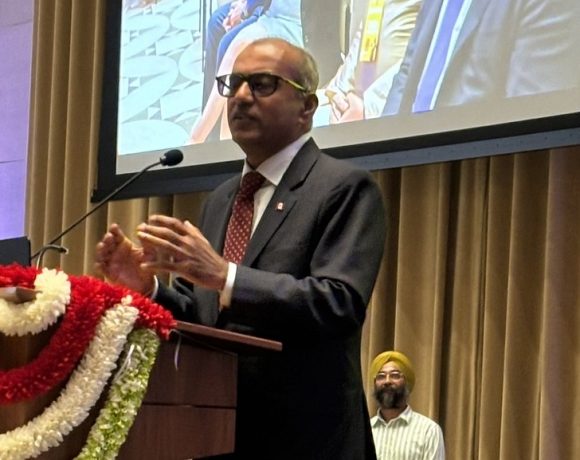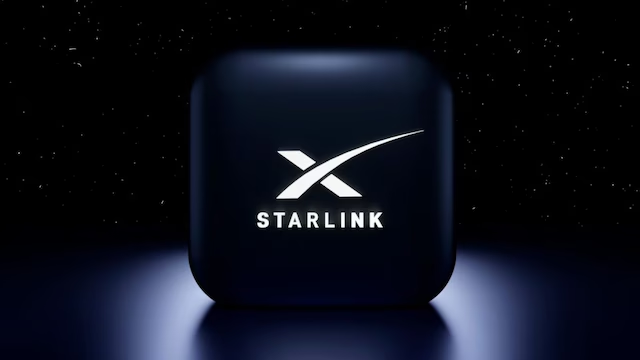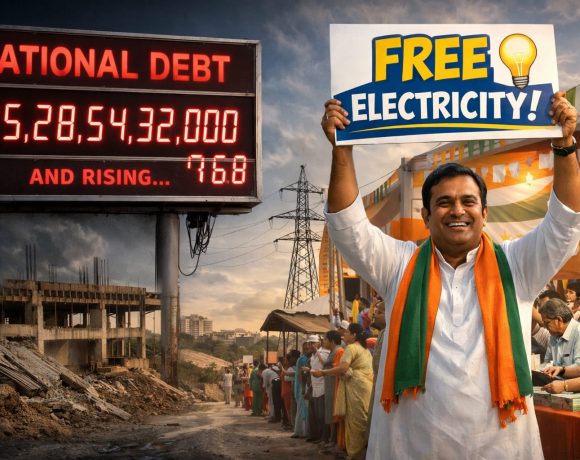
Bangladesh Pays ₹3,282 Cr to Adani, Clears Bulk of Power Dues
In a major development for cross-border energy cooperation, Bangladesh has paid ₹3,282 crore (approximately USD 384 million) to Adani Power in June 2025, settling a significant portion of its outstanding dues under a long-term power purchase agreement. This payment brings down the cumulative outstanding amount to around USD 500 million, marking a sharp reduction from the previously reported liability of nearly USD 2 billion.
Electricity Supply Restored to Full Capacity
The dues pertain to the 1,600 MW power supply agreement from Adani Power’s Godda thermal power plant in Jharkhand to Bangladesh. The 25-year deal had faced roadblocks in late 2024 due to payment delays, which led Adani to halve electricity supply. However, after Bangladesh resumed regular payments earlier this year, full supply was restored by March 2025. The June payment, which covered USD 384 million of the USD 437 million due that month, was instrumental in maintaining the uninterrupted flow of electricity.
Disputed Dues and Waivers
While the bulk of the “admitted” dues have now been cleared, a balance of approximately USD 500 million is still under dispute. The contention arises from disagreements over coal pricing models, interpretation of plant capacity charges, and the calculation of late payment penalties. These matters are currently under monthly reconciliation between the two sides.
In a goodwill gesture, Adani Power is reported to have waived nearly USD 20 million in delayed payment surcharges accrued between January and June 2025. The waiver is conditional upon continued timely payments and is aimed at de-escalating tensions in the commercial relationship.
Strategic and Political Implications
The payment comes at a time when Bangladesh is grappling with economic pressures, including dwindling forex reserves and rising import costs. Ensuring a steady electricity supply from India is vital for sustaining industrial operations and rural electrification across the country.
Under the leadership of interim Prime Minister Muhammad Yunus, the government is reviewing several past energy contracts for transparency and fairness. The Adani agreement, inherited from the previous administration, is among those undergoing scrutiny amid claims of opacity. However, the latest payment signals a pragmatic move to maintain energy security and contractual obligations, even as legal reviews proceed.
Investor Confidence and Regional Stability
This large-scale payment not only reaffirms Bangladesh’s commitment to its energy obligations but also sends a positive signal to international and Indian investors about the country’s willingness to honour bilateral agreements. With power outages avoided and grid reliability improving, stakeholders across the region view this as a critical step toward stabilizing South Asia’s energy cooperation.
The next phase of negotiations will determine how the remaining dues are resolved and whether the two parties can find common ground on disputed charges. Successful resolution may well set a precedent for future cross-border infrastructure deals in the region.


















